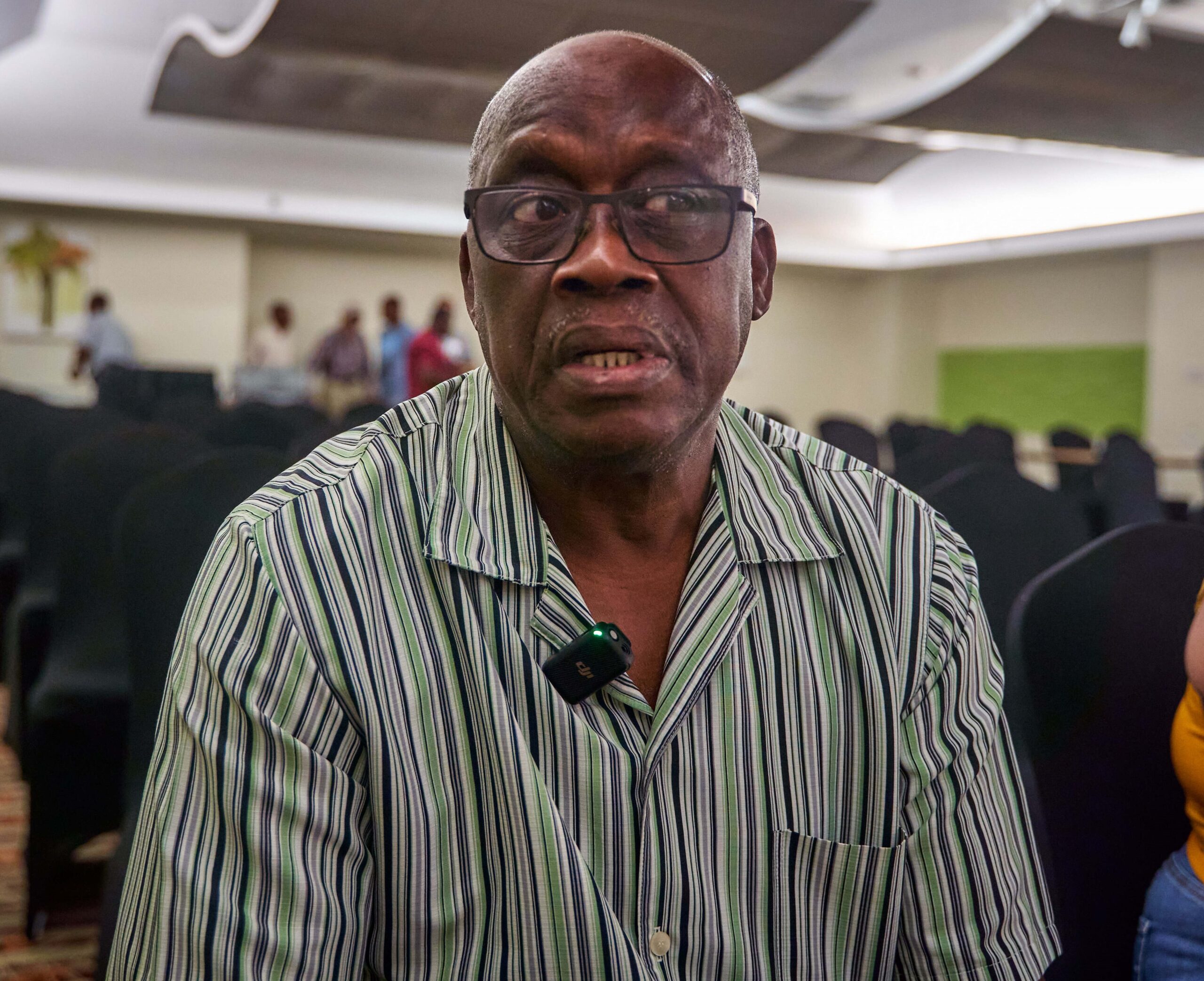Poultry Farmers in Barbados Face Financial Challenges Due to Unfair Pricing Practices: Barbados Agricultural Society CEO Raises Concerns

July 6, 2024
Poultry farmers in Barbados face financial strain due to unfair pricing by supermarkets and wholesalers, leading to concerns about sustainability and potential job losses in the industry.
Poultry farmers are grappling with financial pressures as some supermarkets and poultry wholesalers employ unfair pricing strategies, Barbados Agricultural Society (BAS) Chief Executive Officer James Paul has charged.
He has claimed that farmers are being forced to drastically lower their prices to certain buyers, but consumers are not benefiting from these reductions.
“We have a situation in which some supermarket operators and others have been trying to force down the price that they give the farmers for the chickens, even below the cost of production. The question then must be asked, ‘how do you then expect our local producers to survive when you have persons who are trying to force down the price of the local producers, at a time when they have had to face increased costs to production?’” Paul said.
“The consumer does not see the benefit of a lesser price being given to the producer…. In terms of the retail market, the prices are about the same.”
He questioned the sustainability of domestic production under these circumstances, particularly as farmers face increased production costs. The concern comes amid an oversupply of poultry, partly due to imports, which has left farmers struggling to sell their stock. Paul previously told Barbados TODAY that even the recent ICC T20 Cricket World Cup series failed to boost sales significantly.
Crop Over festivities are unlikely to alleviate the situation, he declared, as the summer festival is not typically promoted as a food-focused event, in contrast to the high sales of alcoholic beverages during the season.
Paul warned of wider implications for the industry, including reduced work for hatcheries and potential job losses.
“If we do not do something about this now, it has implications for later on in the year,” he cautioned, noting that hatcheries are already experiencing order cancellations.
“When you see the hatcheries starting to suffer from cancellations in terms of the orders that are placed, it does not invite them to increase the amount of chicks that they’ve replaced for hatching as we go later on in the year.”
The poultry sector’s challenges come as the fishing industry faces its own difficulties. Hurricane Beryl recently destroyed a significant portion of the island’s fishing fleet, prompting concerns about potential price hikes for imported fish.
Paul echoed the sentiments of Chairman of the Fisheries Advisory Committee Kemar Harris, urging fish importers not to exploit the situation by increasing wholesale prices.
According to the BAS chief, although the absence of local fish in the market for the next few months while the fishing fleet rebuilds may provide poultry producers with the opportunity to move excess stock, importers may sharply increase the importation of fish.


